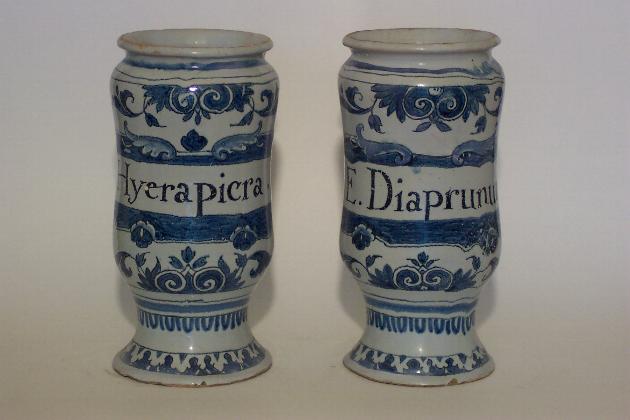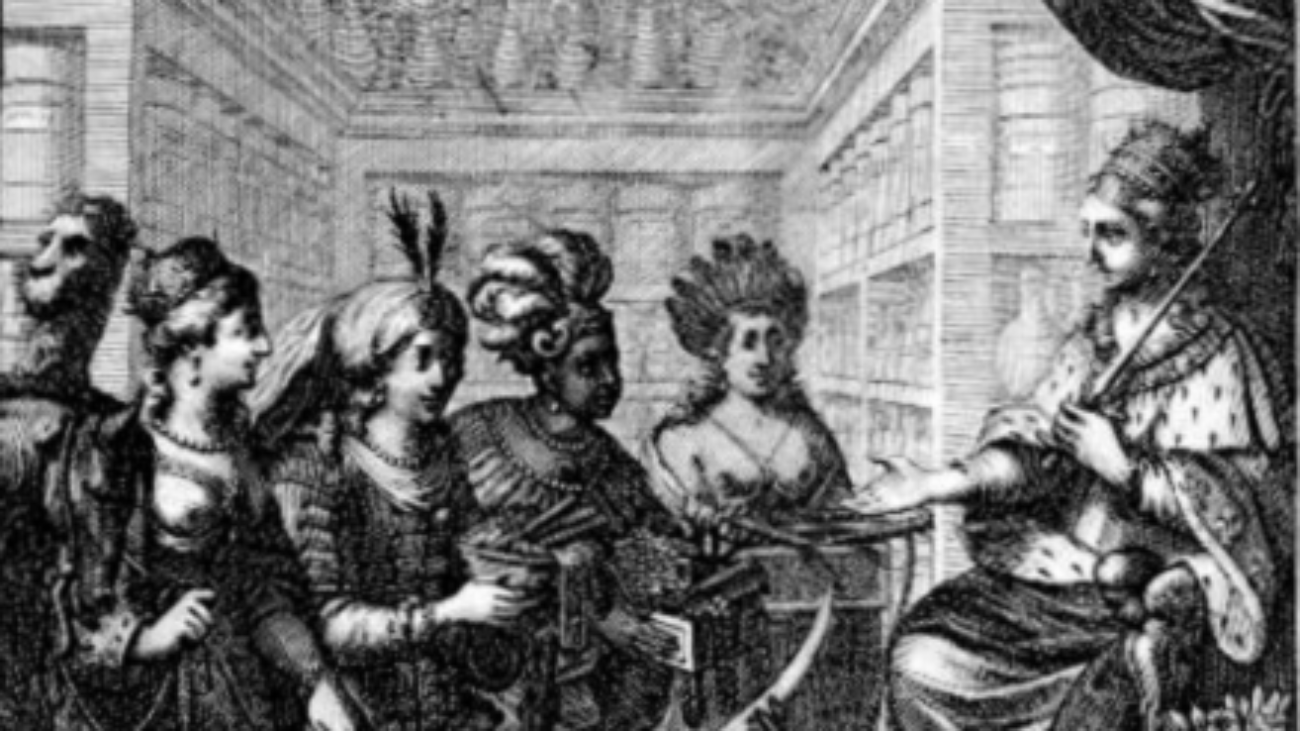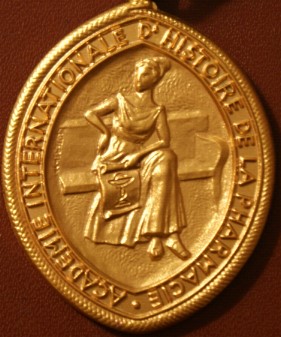| ARTICLES
Article I:
The institution that is the subject of these articles is called « INTERNATIONAL ACADEMY OF HISTORY OF PHARMACY. » This name may be accompanied by a translation in English, German and Spanish.
Article II:
The Academy has its headquarters in The Hague, a city that symbolizes the cooperation among peoples for peace.
Article III:
The language is French Academy. Each publication will be accompanied by a summary in English, German and Spanish.
Article IV:
The aim of the Academy is primarily to foster international collaboration between historians of medicine in all countries and especially to fulfill the functions of an upper chamber in the field of the history of pharmacy.
Article V:
1. The Academy has two categories of members: regular members and emeritus members.
2. The number of ordinary members is a maximum of six per country to 30 million. Beyond 30 million the maximum number increases by one member per 50 million inhabitants or fraction thereof.
3. A I’âge 70 years, ordinary members become senior members retain all the rights of ordinary members.
4. The passage of an ordinary member to the category of senior member makes vacant seat corresponding ordinary member.
5. Emeritus members do not count towards the maximum number set out in paragraph 2.
6. All countries with historians pharmacy meet the scientific requirements of the Academy should be represented.
7. The Academy members are selected on the basis of their scientific work and their willingness to cooperate in the activities of the Academy, given that this appointment is an extraordinary scientific distinction.
8. There are currently held in that election in the following two cases:
a) where, for a nation, the seat of full members are not occupied,
b) when a member has died, resigned or passed to the category of emeritus member.
9. Any application to the Academy must be presented or supported by two members of the Academy. It is addressed to the Secretary General, with the curriculum vitae and a list of the applicant’s work, including his historical work and, if possible, a copy of each of them. The Secretary General shall transmit this information to all members of the Bureau. They make it out within three months, they believe or not to accept the new application. Failure to respond within the specified time is considered favorable opinion. At the expiration of three months, the results are sent to the Office. It shall determine whether the application is accepted or rejected and communicate the decision to the applicant.
10. The successful candidate must inform the Secretary General of its willingness to cooperate with the goals of the Academy, he gave her his biography and photograph. At the first meeting after his appointment, he received his medal, established at his own expense.
11. Ordinary members and emeritus entitled to vote.
12. The membership of a member normally stops ä his own request or death. Exclusion may be imposed Quà the two-thirds majority of the members, where it would have undermined the reputation or the work of the Academy.
Article VI:
1. The Academy is governed by a board consisting of:
a president,
first vice president,
second vice president,
a Secretary-General,
a treasurer.
2. The president and two vice-presidents shall be of different nationalities. The officers are elected by referendum by a majority vote of the members of the Academy. The term of office is four years. They are immediately re-elected for a period equal.
3. For their election, the Secretary General to each academician list of vacancies and the names of members who, in the opinion of the office, may occupy, without this meaning that other members can not be elected, each academic remaining free to vote for the member he wants.
4. Elections are held in the semester preceding the expiry of the term of interest. If they could only take place on time, the president and vice-presidents remain in office acting until they are completed.
5. The president is possibly supplemented by the first and second vice-president, in order. The Secretary General and the Treasurer shall substitute for one another in his absence.
6. The functions of the Bureau are free. The costs of the Secretary General and the Treasurer shall be reimbursed.
Article VII:
1. The relationship between the members of the Academy are insured by correspondence by the Secretary-General and meetings and meetings as often as possible. The Academy may, in particular participation in International Congress of Pharmacy and History of Pharmacy.
2. The réuniuns have their agenda the introduction of new members, various issues and the preparation of elections and work, with no decision is taken. Elections and voting shall be by referendum organized by the Secretary General.
3. Meetings of the Academy have a solemn character. Its members wear the badge of the Academy. It can also be worn by them when attending a meeting or formal or formal scientific meeting.
Article VIII:
1. The Academy will endeavor to publish it or to be published by a publisher of community service as a result of international cooperation. These publications may be used commercially to provide an income for the Academy.
2. At the beginning of each year, the Secretary shall publish on the activities of the Academy during the past year a report in Iequel President reported on the scientific work of the Academy, the Secretary General on the work Office and the Treasurer on financial matters. This report is sent free to every member of the Academy, each history of pharmacy in society and every university or college with a history professor of pharmacy, provided that the addresses are known the secretariat.
Article IX:
The financial resources of the Academy shall consist of contributions from: the ministries of health and other health, pharmaceutical companies, members of the Academy, private individuals, associations and international organizations.
Article X:
To change the constitution, it comes forth, like elections, referendum. The Secretary-General shall inform all members of the Academy’s proposed setting a deadline to give their opinion changes. The lack of response is considered favorable opinion. If the referendum is held in writing, the three-fourths majority of the members of the Academy is required for the changes to be adopted. If it takes place during a meeting, the required three-quarters majority vote of the members present. |



